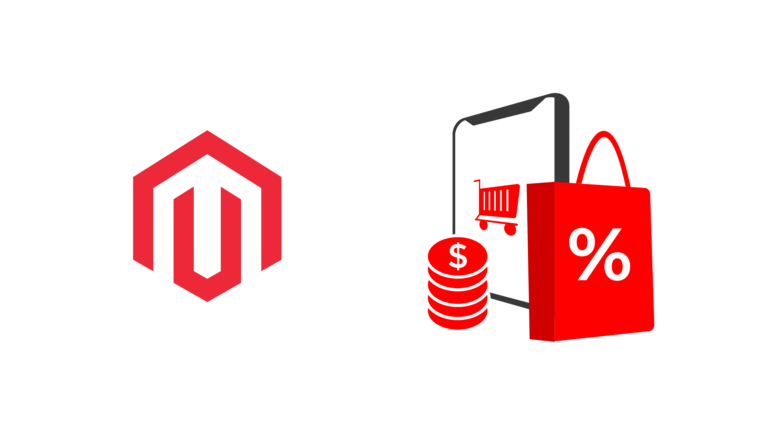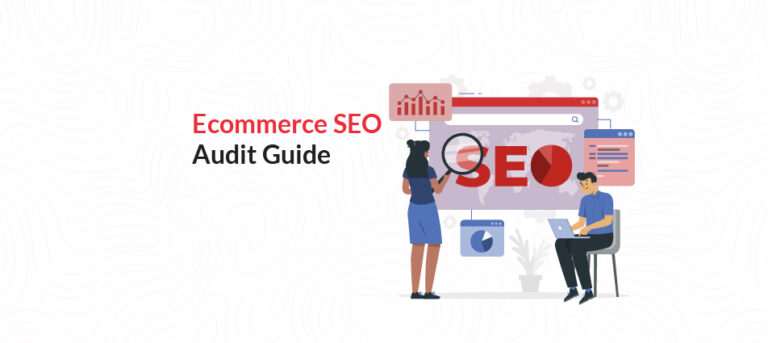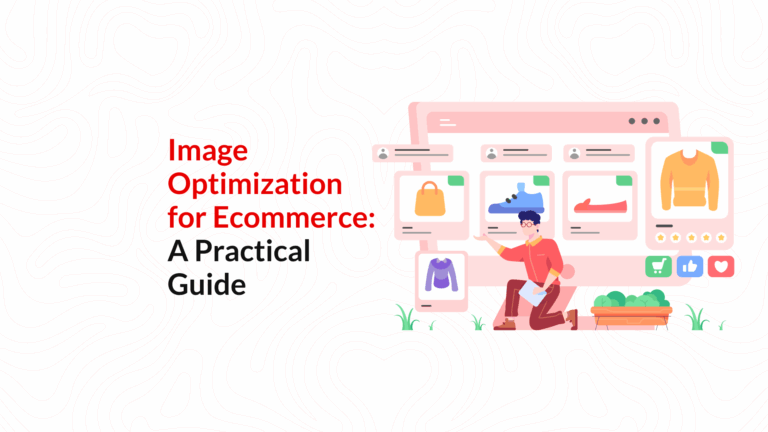Top E-commerce Security Tips and Practices for 2024
As the concept of e-commerce has come up, businesses all around have undergone a major transformation, enabling them to reach out to potential customers seamlessly while ensuring doorstep deliveries. While shoppers have the convenience and efficiency of online shopping, it is important for e-commerce businesses to understand the importance of top-notch security to enhance customer experience.
A robust security strategy for your e-commerce business is crucial for the success of any e-commerce business. As per the latest research, it is observed that losses incurred by businesses around $41 billion losses due to payment fraud. Cyber attacks usually lead to potential damages, harming the overall reputation and damaging customer trust. Therefore, prioritizing customer security should be at the forefront of your e-commerce business.
What is Meant by E-Commerce Security?
E-commerce security involves using a set of accepted guidelines and strategies that are designed to protect the overall buying experience. Its main objective is to establish a proper environment, for both customers and businesses, by minimizing potential risks in the digital realm.
What are Some of the Common E-Commerce Security Threats?
There are several cyberattacks that could endanger your e-commerce business. It is imperative for you to understand them and know ways to avoid them. Some common threats you should know about are:
Phishing: Phishing attacks are disguised as legitimate communication, attempting to trick users into disclosing confidential information like banking details and passwords.
SQL Injection Attack: Most e-commerce sites maintain proper databases of current information, such as physical addresses, email addresses, phone numbers, and so on. An SQL injection attack offers unauthorized access to the respective databases.
Malware and Ransomware: Malware is referred to as malicious software. It is a type of software that is designed specifically to disrupt or gain unauthorized access to any computer system. On the other hand, ransomware is a type of malware that encrypts the files of the victim until the victim pays the hacker to decrypt the same.
Cross-site Scripting (XSS) is another e-commerce security threat in which the hacker inserts malicious code into a legitimate software or website. When the user visits this infected website, the code eventually attacks them.
DDoS Attacks: DDoS refers to Distributed Denial of Service. These attacks fill a website with traffic, leading to major disruptions and making the website inaccessible for a specific period of time. the results of DDoS attacks are lost business, a decrease in legitimate traffic, and reputation damage.
E-Commerce Security Best Practices
Here are some preventative measures you can implement to minimize the instances of e-commerce security breaches:
SSL/TLS Encryption
You can implement the SSL (Secure Socket Layer) and TLS (Transport Layer Security) to establish a well-encrypted and secure connection between your web server and the browser of the customers. In turn, it ensures that sensitive information of customers, like login credentials and payment details remain confidential during transmission.
Security Inspections Quite Frequently
It is recommended to undertake regular security evaluations and audits to highlight vulnerabilities and potential shortcomings with the respective e-commerce website. When you test the security of your e-commerce system on a regular basis, it will enable you to find as well as fix problems before hackers take advantage of them.
Choose a Secure Web Hosting Platform
When you are choosing the hosting provider for your e-commerce website, it is crucial to make the best decision. You should aim at choosing a web hosting solution that is secure and offers automatic software updates as well as backups on a regular basis. The hosting servers you choose should also be capable of meeting PCI compliance standards, especially while accepting payments through platforms like PayPal or Stripe.
At the same time, the hosting provider should also offer additional protections like DDoS protection, firewalls, SSL certifications, and other important security layers to ensure that your e-commerce site is secure.
Keep Software Updated
If you wish to keep your e-commerce website secure, you must also ensure that all your software solutions, including server applications, CMS, plugins, and themes, are secure. Regular software updates include signs of vulnerabilities and add-on protections against evolving threats.
Use Safe Payment Processors
It is recommended to leverage reliable payment gateways that tend to comply with the PCI DSS or Payment Card Industry Data Security Standard. These services are responsible for ensuring the safe processing of financial transactions, offering protection against potential breaches of confidential payment-related data.
Ensure Device Security
In most cases, your data will further be given security by the installation of a trustworthy anti-virus program. It helps in managing network security with the help of firewalls. Moreover, it also makes sure that these platforms receive updates regularly. These security measures will also help in keeping your e-commerce site free from any kind of interference.
Install Security Plugins
You can consider installing advanced security plugins to amplify the protection of your WordPress site. These plugins help in adding layers of security to prevent common vulnerabilities and cyberattacks. There are several options to choose from based on your individual needs and preferences. Conduct in-depth research and go through reviews to validate the overall effectiveness and reliability of plugins before you install them.
Use Firewall
Ecommerce sites will require additional security measures, including firewalls, to ensure the protection of transactions. Essentially, firewalls are hardware or software systems that regulate access between networks while blocking suspicious traffic and enabling authorized users. It is also crucial to define secure payment options. A data breach will destroy sales and trust. Robust firewall protection in combination with trusted payment methods, will help e-commerce sites to handle payments safely and prevent damaging attacks.
Conclusion
Keeping your e-commerce site secure might appear challenging. However, with reliable digital marketing service providers like Opositive.io, you can amplify the security of your site while boosting traffic and conversions. It is imperative for you to be aware of common cybersecurity threats and work on the same to maximize user experience.














